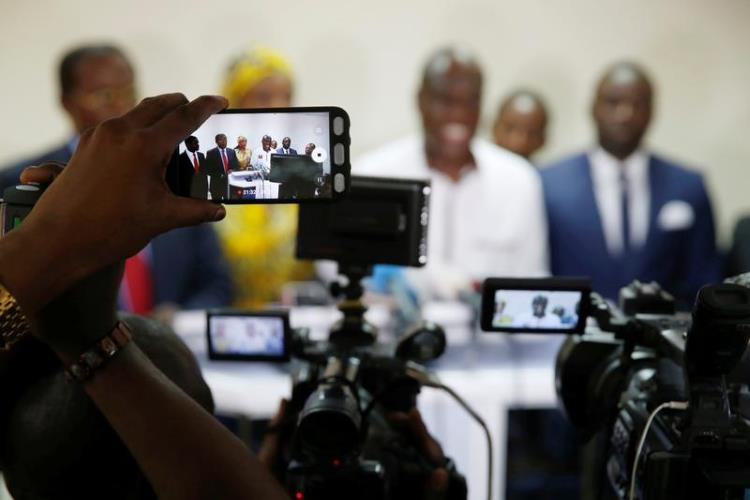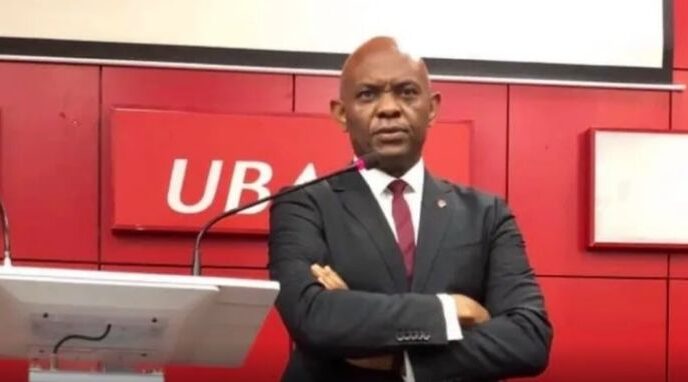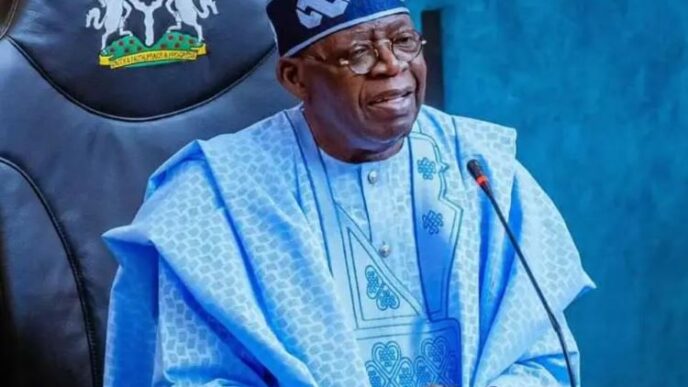Journalists in Africa have long played a crucial role in shaping narratives, influencing public opinion, and promoting individuals who later rise to power and wealth.
However, a troubling pattern has emerged—many of these journalists, after dedicating their craft to highlighting and amplifying the voices of billionaires, are often left behind, struggling to make ends meet while those they once promoted bask in success.
The Silent Architects of Power
African journalists are often the backbone of political and economic success stories.
Through investigative reports, exclusive interviews, and promotional features, they bring visibility to business magnates and politicians, helping them gain public trust and credibility.
For example, Nigerian journalist Dele Giwa played a significant role in exposing corruption before his tragic assassination, and many others have risked their lives to report the truth. Whether in print, radio, television, or digital media, these journalists put in tireless efforts to tell compelling stories that elevate individuals to positions of influence.
Yet, once these billionaires secure their fortunes, the very media professionals who contributed to their rise are discarded. Promises of better opportunities, partnerships, or improved working conditions remain unfulfilled, leaving journalists feeling exploited and undervalued.
Poor Working Conditions and Financial Instability
Many African journalists work under challenging conditions, earning meager salaries with little or no job security.
A 2023 report by the African Journalists Association found that 65% of journalists in sub-Saharan Africa earn below the living wage, and over 40% have reported experiencing financial hardship due to unpaid salaries.
Media houses, often owned or influenced by the same billionaires, fail to prioritize fair wages and career growth. Investigative journalists who expose corruption or unethical practices even face threats, job losses, or exile, while their subjects continue to thrive unscathed.
Freelancers, who make up a significant portion of the industry, struggle even more. They are frequently underpaid—or not paid at all—despite producing stories that generate millions in revenue for media outlets and the powerful figures they cover.
A Call for Change
The exploitation of African journalists by billionaires must end. Media professionals need stronger labor unions and policies that protect their interests.
Governments should implement and enforce fair wage laws for journalists, ensuring that media workers receive just compensation for their contributions. Billionaires who have benefited from media exposure should also take responsibility by investing in independent journalism, fair pay structures, and sustainable partnerships.
Moreover, journalists must also embrace digital platforms and alternative media models that allow them to maintain control over their content and earnings. By leveraging social media, crowdfunding, and independent journalism platforms, they can reduce reliance on media houses controlled by powerful figures and ensure they receive their due recognition and financial stability.
Journalists and advocacy groups should also actively lobby for press freedom and labor rights. Creating watchdog organizations that track media industry exploitations and hold billionaires accountable can be a step toward transparency and fairness. International journalism networks can play a role in amplifying African journalists’ struggles and ensuring their voices are heard on a global scale.
Conclusion
Africa’s journalists deserve better. They are not just storytellers; they are nation-builders, democracy defenders, and voices of truth. It is time for those in power—especially the billionaires they have helped create—to recognize their worth and ensure that they are not used and abandoned but supported and uplifted in their profession.
Media organizations, policymakers, and the public must demand fair treatment, ensuring that those who shape the news are not left behind but given the respect and compensation they rightfully deserve.
Watch out for part 2 As we unveil names of billionaires, companies both private , corporate, multinational and government agencies who used African journalists without giving back to them after their success.
Further contribution and comments are welcomed
[email protected]
Contact 08024504259
Watch Out for part 2








